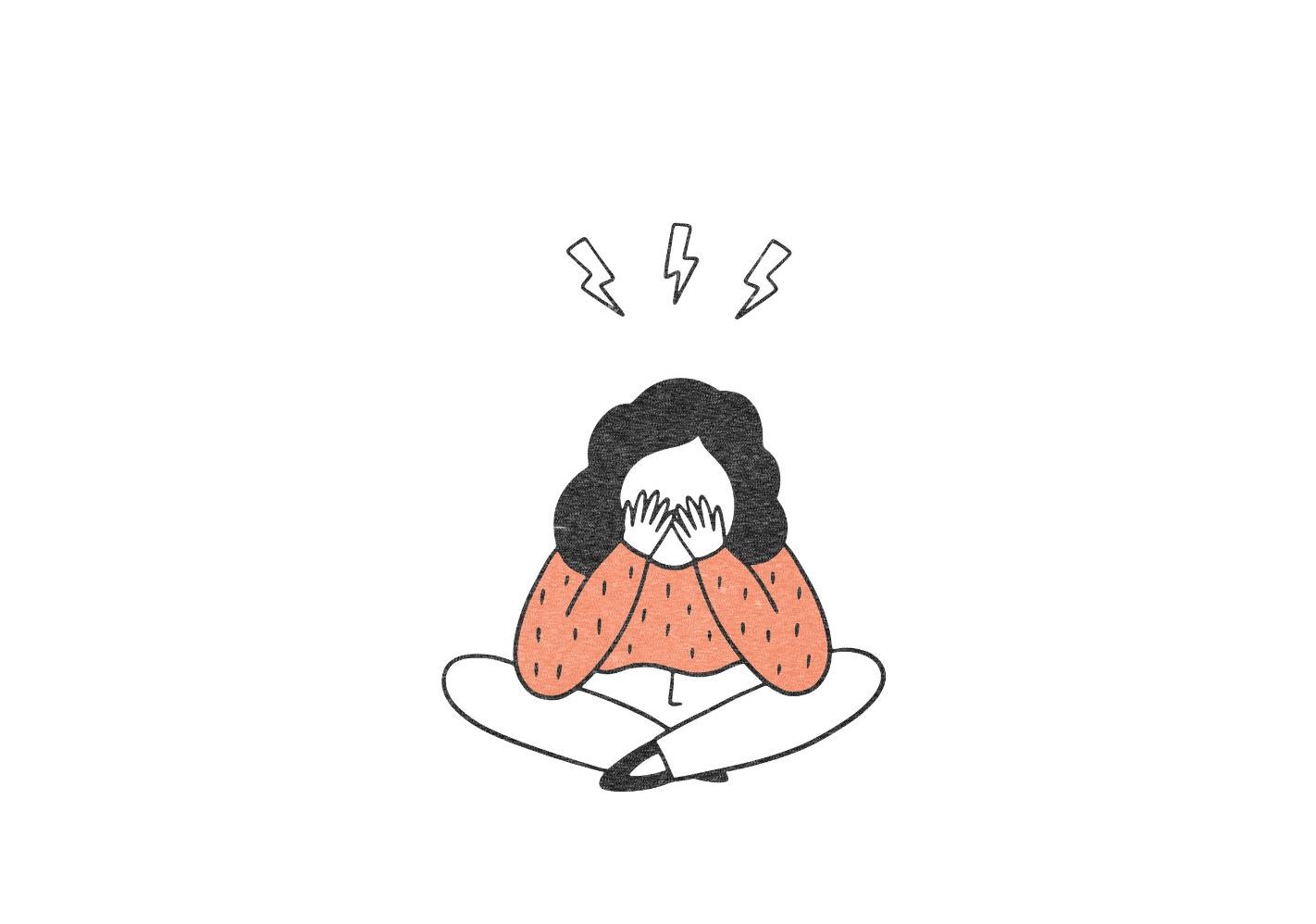Overcoming Depression: Strategies for Healing and Hope

What is Depression
Depression is not merely feeling sad or low; it's a multifaceted mental health condition that permeates every aspect of a person's life. At its core, depression is characterized by persistent feelings of sadness, hopelessness, and despair. However, its reach extends far beyond emotions, affecting cognition, behaviour, and physical health.
Causes: Depression is often the result of a complex interplay of genetic, biological, environmental, and psychological factors. Genetic predisposition, chemical imbalances in the brain, trauma, chronic stress, and significant life changes are among the various contributors to its development.
Symptoms: While sadness is a prominent feature, depression encompasses a broad spectrum of symptoms. These may include changes in appetite and weight, sleep disturbances (insomnia or excessive sleep), fatigue, lack of concentration, indecisiveness, feelings of guilt or worthlessness, irritability, loss of interest in previously enjoyed activities (anhedonia), and thoughts of death or suicide.
Impact: The impact of depression is profound and pervasive, affecting every aspect of a person's life. It can disrupt relationships, impair job performance, hinder academic success, and diminish overall quality of life. Additionally, depression often coexists with other mental health disorders such as anxiety, substance abuse, and eating disorders, further complicating the clinical picture.
Furthermore, depression is not a one-size-fits-all condition. It manifests differently in each individual, varying in severity, duration, and specific symptoms. Some people may experience only one depressive episode in their lifetime, while others may grapple with recurrent episodes or chronic depression.
Understanding Depression
Depression is a complex mental health condition that goes beyond just feeling sad or blue. It is a pervasive and persistent mood disorder that can lead to profound feelings of hopelessness and worthlessness. People with depression may experience a range of symptoms such as changes in appetite, sleep disturbances, fatigue, and difficulty concentrating. It is important to recognize these symptoms and seek help if you or someone you know is struggling with depression.
Impact on Mental Health
1. Emotional Turmoil: Depression can plunge individuals into a state of emotional turmoil, leaving them feeling overwhelmed by a sense of despair and emptiness. The constant weight of negative emotions can erode self-esteem and diminish the ability to experience joy and pleasure in life.
2. Social Withdrawal: Depression often leads to social withdrawal and isolation, as individuals may struggle to connect with others and engage in meaningful relationships. Feelings of shame and unworthiness can further exacerbate social anxiety, perpetuating a cycle of loneliness and isolation.
3. Physical Manifestations: Depression can manifest in physical symptoms, such as headaches, muscle aches, and digestive issues. The mind-body connection is profound, and the physical toll of depression can further compound feelings of fatigue and lethargy, making it difficult to engage in daily activities.
Effective Strategies for Managing Depression
1. Seek Professional Help: If you're struggling with depression, it's essential to seek professional help from a qualified mental health professional. Therapy, medication, or a combination of both may be recommended to address symptoms and promote healing.
2. Build a Support Network: Surround yourself with a supportive network of friends, family, and trusted individuals who can offer understanding, empathy, and encouragement. Sharing your struggles with others can help alleviate feelings of isolation and provide a sense of connection and belonging.
3. Practice Self-Care: Prioritize self-care activities that nurture your physical, emotional, and spiritual well-being. Engage in activities that bring you joy and relaxation, such as exercise, mindfulness meditation, creative expression, and spending time in nature.
4. Challenge Negative Thoughts: Cognitive-behavioral therapy (CBT) techniques can help challenge and reframe negative thought patterns associated with depression. By identifying and challenging distorted thinking, you can cultivate a more balanced and realistic perspective on yourself and your life circumstances.
5. Cultivate Meaningful Activities: Engage in activities that bring meaning and purpose to your life, whether it's volunteering, pursuing hobbies and interests, or setting meaningful goals for the future. Finding meaning and fulfillment can help counteract feelings of hopelessness and despair.
Overcoming depression can be a challenging task, but it is not impossible. To conquer depression, it is essential to comprehend its nature, acknowledge its adverse effects on mental health, and adopt effective strategies to manage and eliminate its symptoms. By eliminating the stigma around seeking help and support, we can create a compassionate and resilient society that understands the impact of depression. Together, we can break down barriers and nurture a culture of hope, understanding, and healing.
